On August 22, at the website of the National Archives Center I, the 3D exhibition Nguyen Dynasty Diplomacy: Between the East-West Winds took place. The exhibition brought the public interesting experiences, discoveries, useful information, new perspectives and deeper understanding of Vietnam's diplomatic activities under the Nguyen Dynasty in the first 50 years of independence and autonomy (1802 - 1858).
The documents introduced at the exhibition are mainly selected from the Nguyen Dynasty Royal Records - World Documentary Heritage.
With a unique 3D space, the exhibition introduces viewers to a historical space through two parts: Closed West Gate and Open East Gate.
 |
| Painting depicting the French Navy Captain Count coming to Da Nang to request to establish a consulate and establish trade in 1825, King Minh Mang refused. (Source: Exhibition materials) |
In part 1 with the theme of Closing the West, through the Royal Records, it is shown that the Nguyen Dynasty kings from Gia Long to Tu Duc in their relations with other countries consistently implemented the policy of "self-defense" and "closed-off". However, the Nguyen Dynasty did not completely cut off relations with anything related to the West (mainly England, France, and the United States). The Nguyen Dynasty kings still sent delegations to examine the situation, buy essential goods, guns and ammunition from the West, learn about science and technology... Some Confucian scholars also submitted a petition to propose "good relations" with the West, such as Nguyen Truong To with his petition emphasizing "should quickly establish good relations with the British".
![The first page of the document of the year Gia Long 16 (1817) states that the ship carried gifts from King Ba Lang Sa [France] to the king of Vietnam to show friendship. (Source: National Archives Center I) Trang đầu văn bản năm Gia Long 16 (1817) cho biết, tàu đem theo lễ vật của vua Ba Lãng Sa [Pháp] tặng vua nước Việt Nam để tỏ tình hữu hảo. (Nguồn: Trung tâm Lưu trữ quốc gia I)](https://www.vietnam.vn/hue/wp-content/uploads/2024/08/1724372718_528_Hoat-dong-bang-giao-duoi-trieu-Nguyen-qua-tu-lieu.jpg) |
| The first page of the document of the 16th year of Gia Long (1817) states that the ship carried gifts from King Ba Lang Sa (France) to the king of Vietnam to show friendship. (Source: Documents in the exhibition) |
With France, during the Gia Long period, trade between the two countries was quite favorable. During the Minh Mang period, the king initially treated the French politely, but later, all attempts by the French to propose establishing diplomatic relations by offering gifts and letters of state were rejected by King Minh Mang.
However, he did not prohibit French merchant ships from trading. During the Thieu Tri and Tu Duc dynasties, the “no Western” policy was continued.
 |
| Painting of King Tu Duc receiving the French-Spanish delegation led by Vice Admiral Bonard of France and Colonel Palanca of Spain to Hue (June 14, 1863) to exchange the Treaty of June 5, 1862. (Source: Exhibition documents) |
In 1832, US President Andrew Jackson sent King Minh Mang his first diplomatic letter. The letter stated: “This letter is delivered to you by Mr. Edmund Roberts, a worthy citizen of the United States. He has been appointed as a special envoy of our government to discuss with you important matters. I respectfully request that you assist him in the performance of his duties, treat him with kindness and mutual respect, and have confidence in what he represents to us, especially when he assures you of our full friendship and goodwill towards you.”
According to the National Archives Center I, American ships came to Vietnam mainly to seek markets and establish trade relations. King Minh Mang allowed them to trade, anchor at Tra Son bay, and attack Da Nang, but they were not allowed to build houses or open commercial streets.
 |
| The first diplomatic letter from US President Andrew Jackson to King Minh Mang in 1832. (Source: Exhibition documents) |
The king said, “Our court, with its flexible spirit and love for people from afar, does not hesitate to accept them (American mission, 1832). However, this is their first visit and they do not yet understand the details of diplomatic protocol; we can send the Commerce Department to write a letter to inform them that if they want to conduct trade with our country, we will not refuse, but they must comply with the existing regulations.
From now on, if any merchant ships arrive, they will be allowed to stop at the ports of Da Nang and Tra Son Uc, and anchor there, but they will not be allowed to go ashore on their own. That is the intention to be vigilant against spies in our flexible foreign policy.
“They (the American mission, in 1836) traveled 40,000 miles because of their respect for the authority and power of our court. If we were to cut off all relations with them, we would show them that our country has never had good intentions.”
“Not resisting their coming, not pursuing them when they leave, is following the polite rules of conduct of a civilized nation.”
 |
| Map of the Chinese embassy during the reign of King Minh Mang. (Source: Exhibition materials) |
Part 2 of the exhibition is themed Opening the East. The documents in this part show that, while implementing the “no Western” policy, the Nguyen Dynasty kings prioritized developing relations with Eastern countries such as Cambodia, Laos, Siam (Thailand), etc., especially with neighboring China.
In the eighth year of Minh Mang (1827), the King of Cambodia expressed his gratitude for our country's aid in famine due to crop failure.
According to the Imperial Records, the Nguyen Dynasty kings often showed their concern for the vassal states by sending people to investigate the situation, sympathizing with the situation of these states having to travel long and arduous distances to reach the capital of Vietnam.
The minutes of the 10th year of Minh Mang (1829) wrote: "Next year, on the occasion of the King's birthday celebration, the Ministry of Rites will discuss and select musicians from vassal states to come and sing and dance. Now I see that the localities of Cambodia and Nam Chuong are difficult and inconvenient to travel to. Order the towns of Nghe An and Thanh Hoa to select from the border provinces where there is native music, select people to bring musical instruments, and on the occasion of the festival, come to the capital to have music from all four directions."
Speaking of the Nguyen Dynasty's diplomatic career with other countries in general, and China in particular, we cannot fail to mention the role of the envoys as diplomats who directly carried out the noble mission entrusted by the court and the country, "fulfilling the king's mandate, bringing glory to the nation".
The Nguyen Dynasty's royal records specifically recorded the selection of envoys, the purpose of the trip, the departure and return times, the places the embassy visited, the itinerary, the purchase and sale of goods, the results of the trip, and the recognition and rewards of the royal court for the contributions they made.
These were diplomatic figures such as Chief Envoy Trinh Hoai Duc (1765-1825), Chief Envoy Le Quang Dinh (1759-1813), Chief Envoy Nguyen Du (1765-1820)...
Source: https://thoidai.com.vn/hoat-dong-bang-giao-duoi-trieu-nguyen-qua-tu-lieu-203892.html



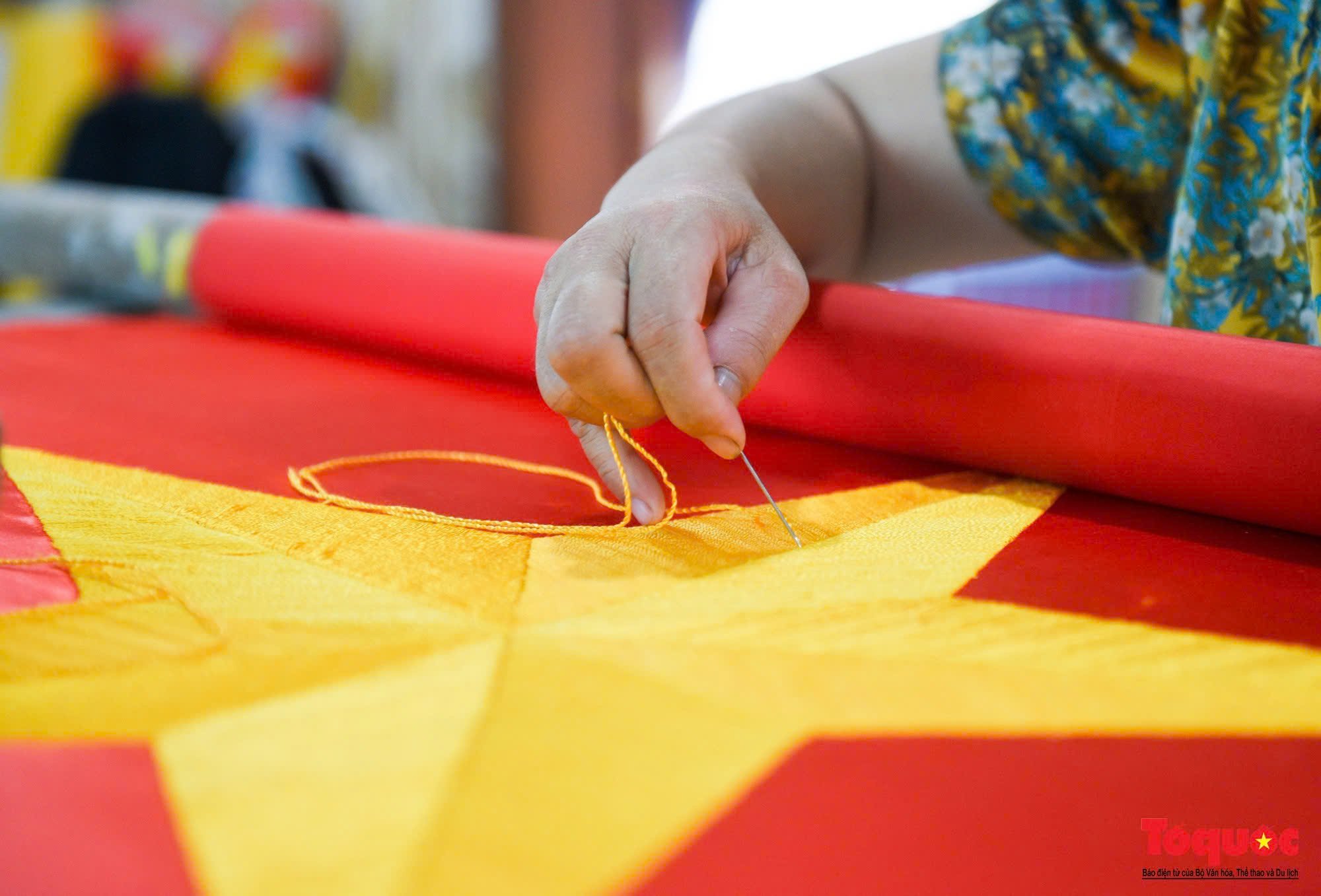
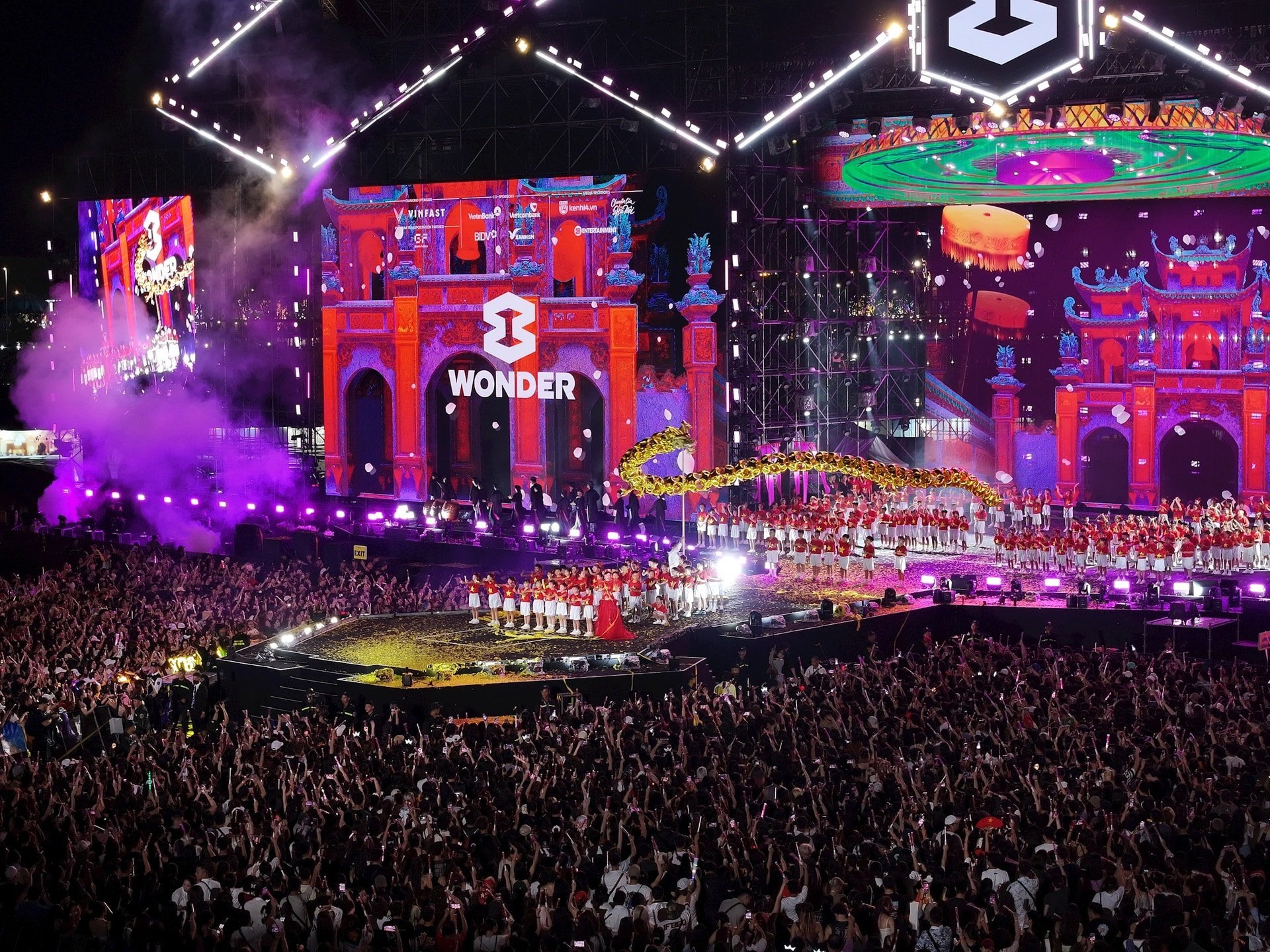
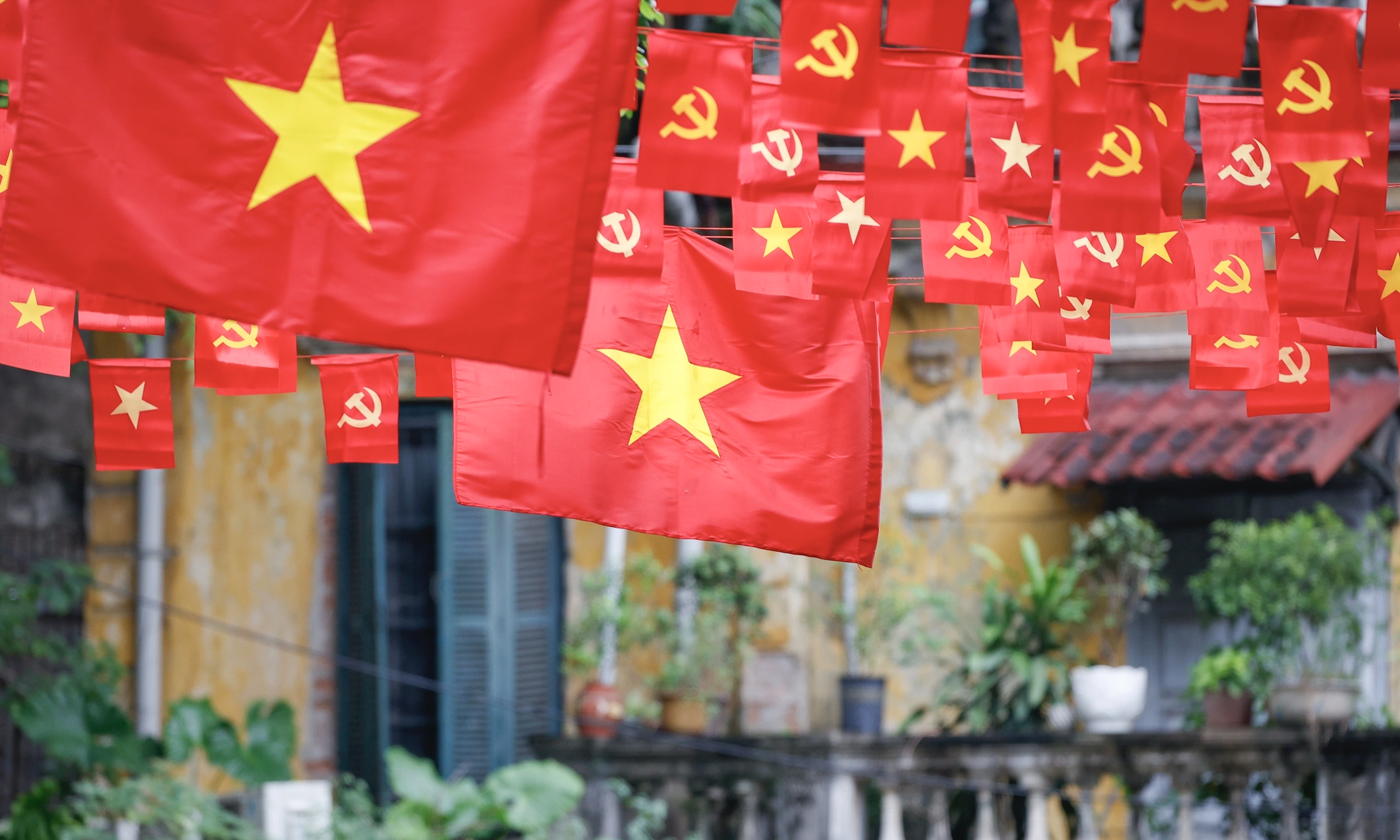

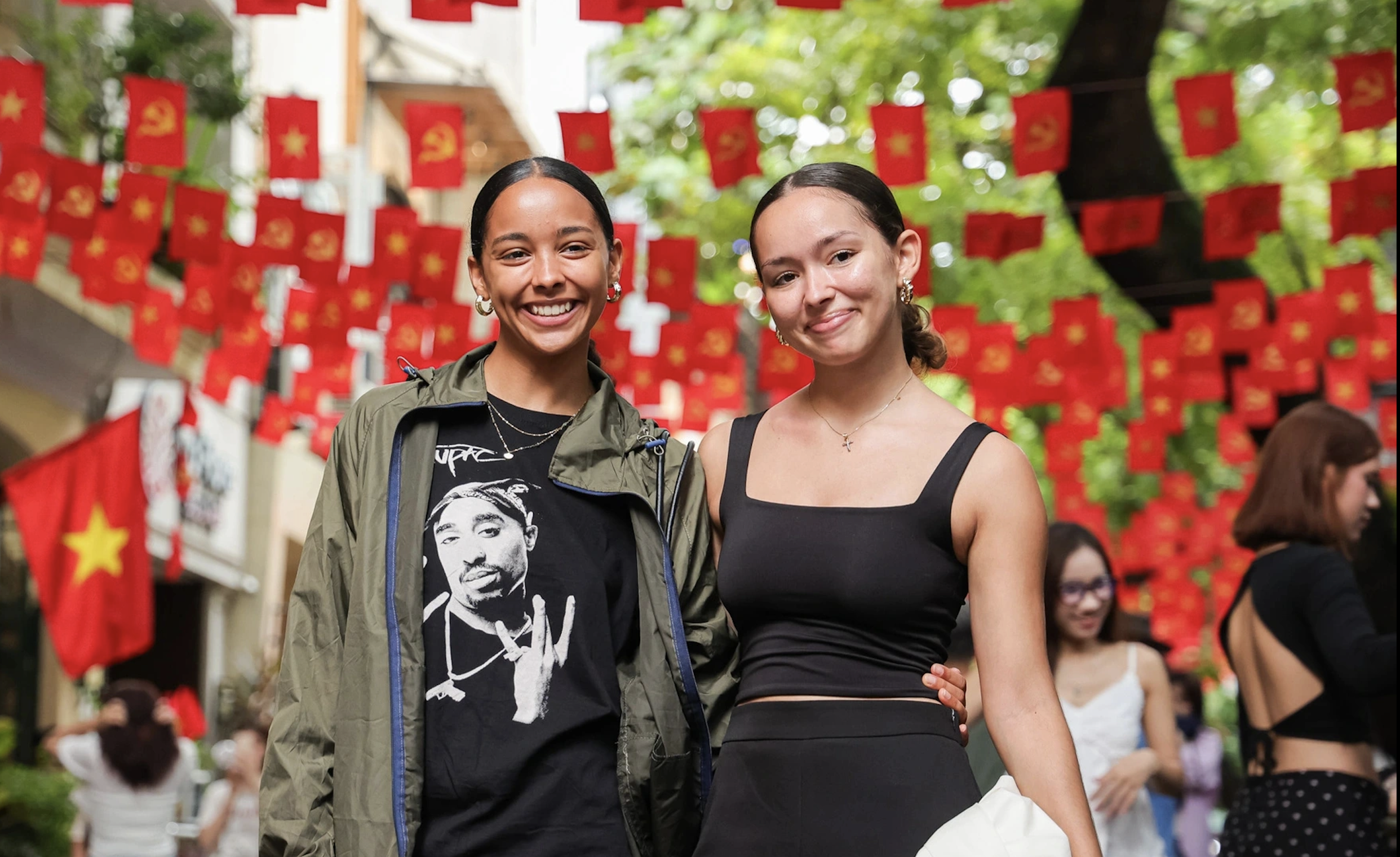
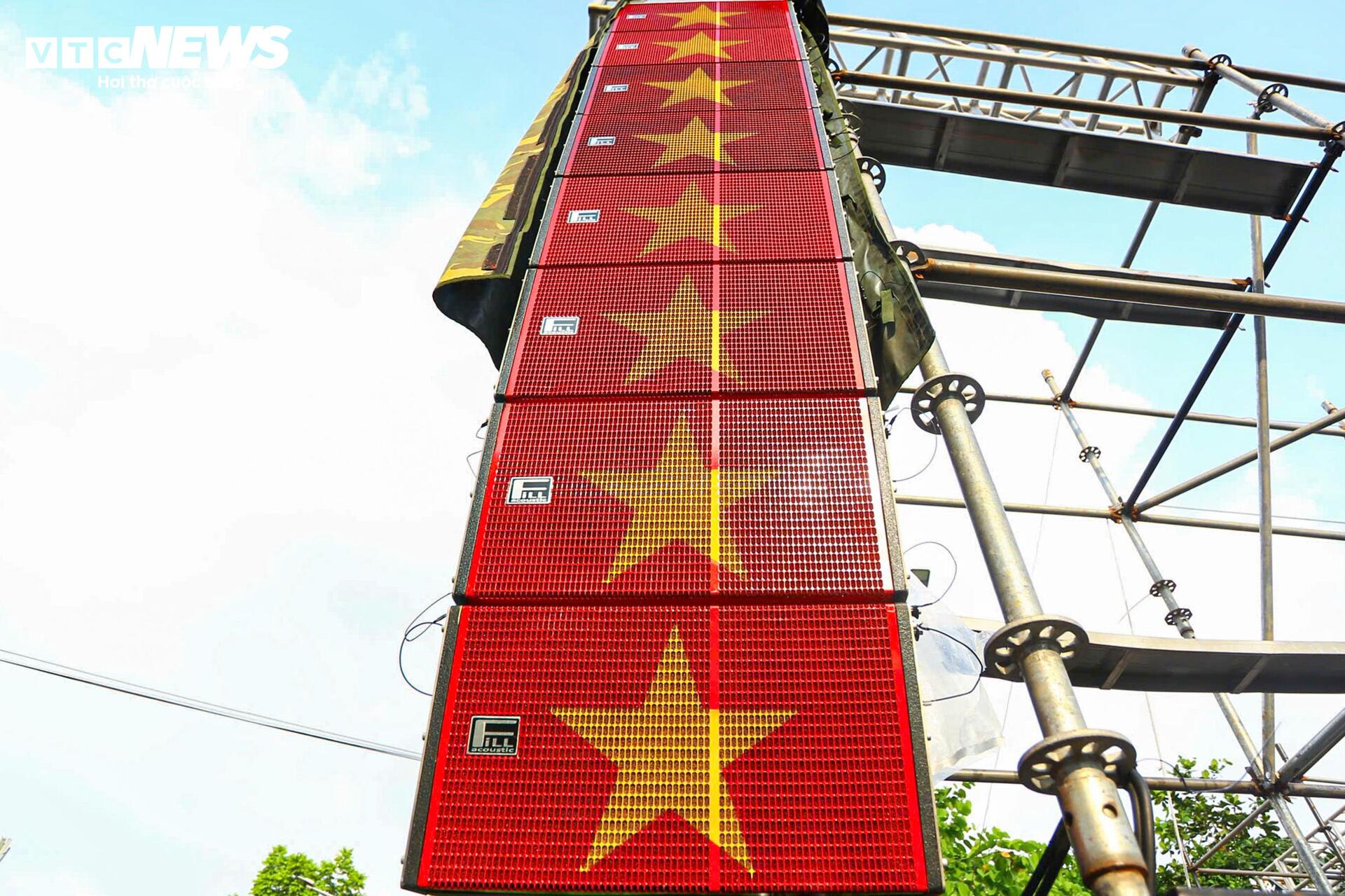
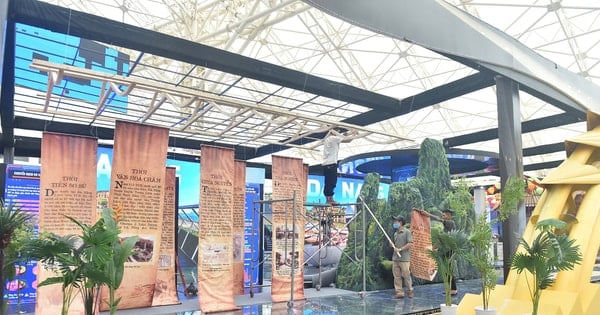

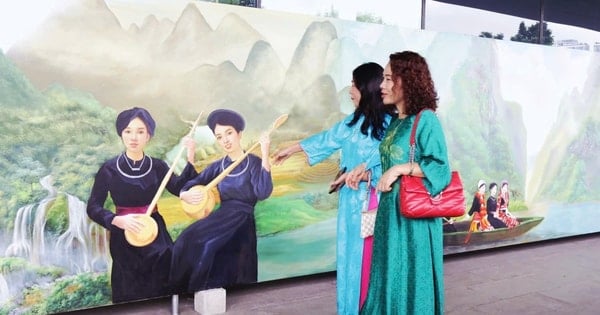
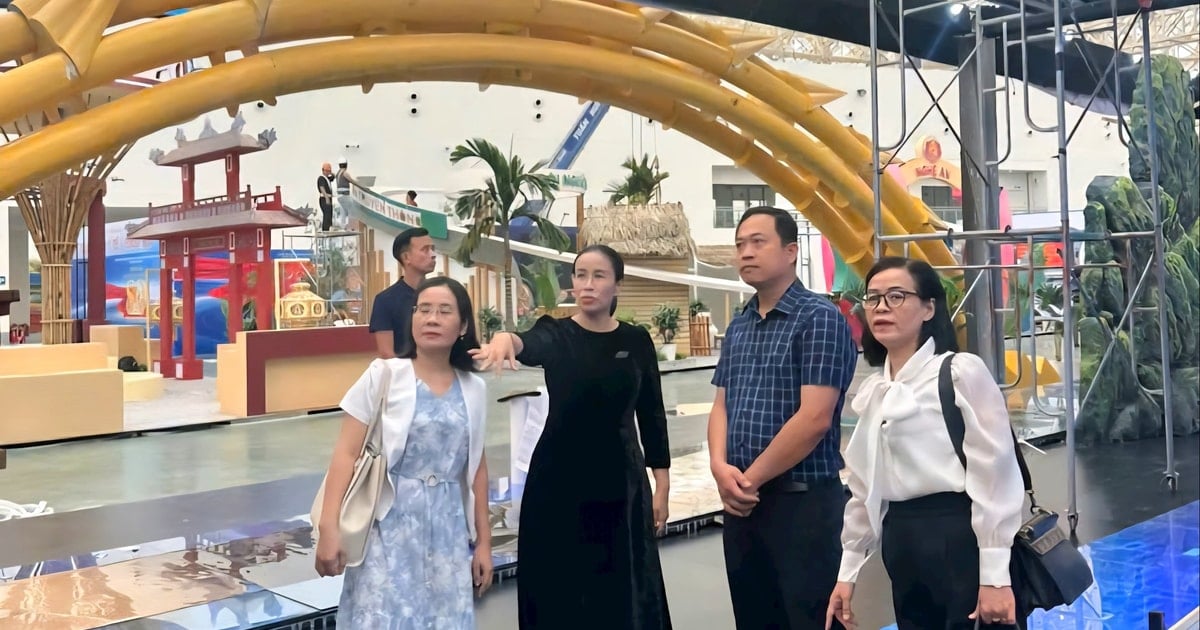

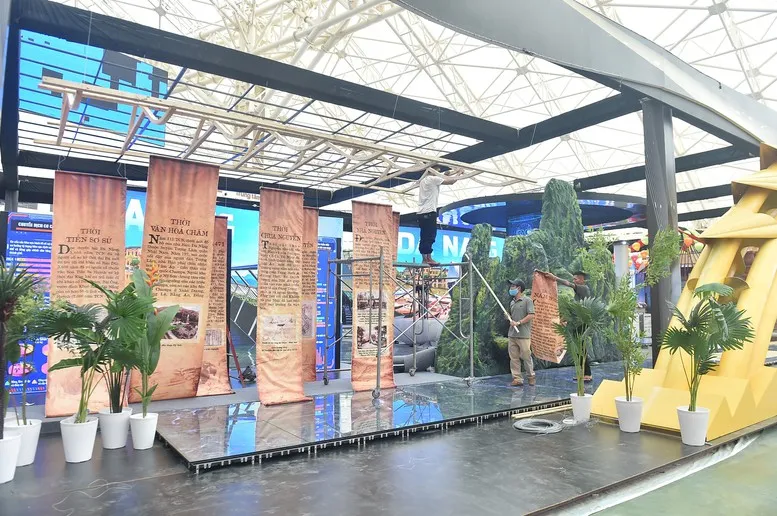

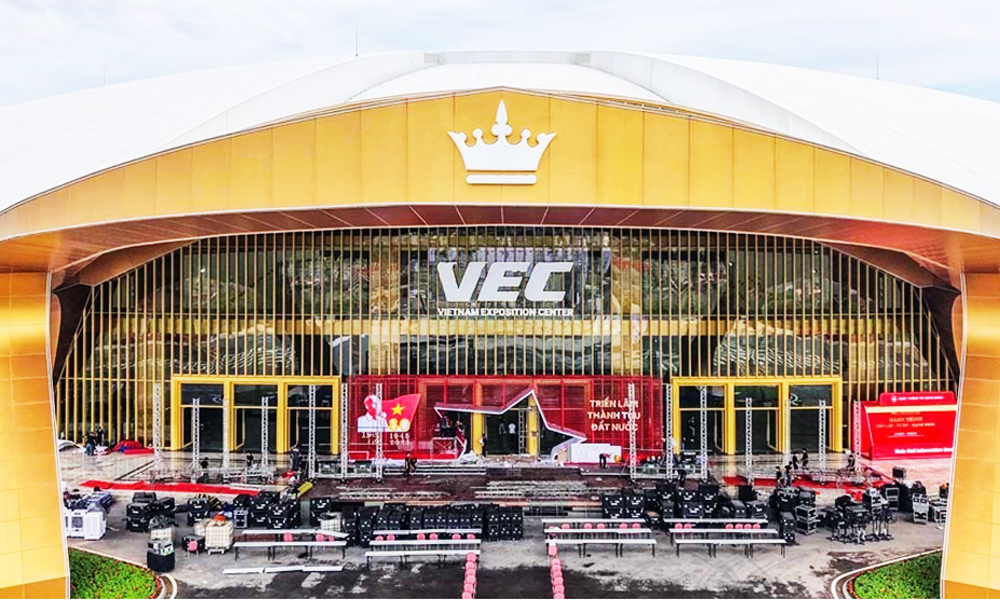

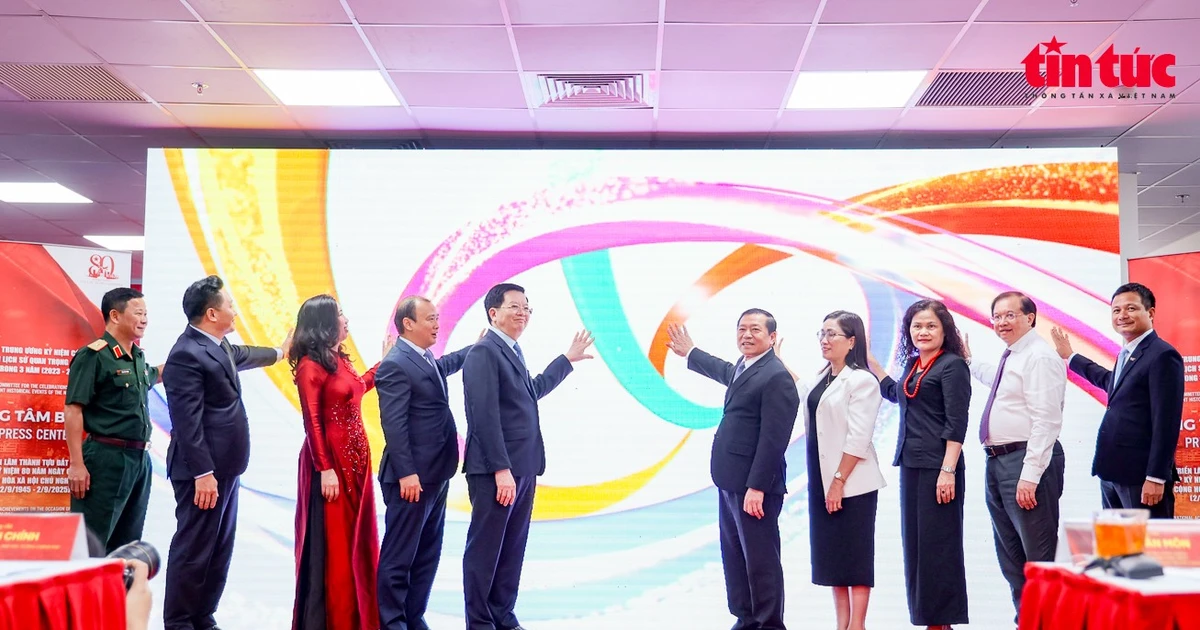

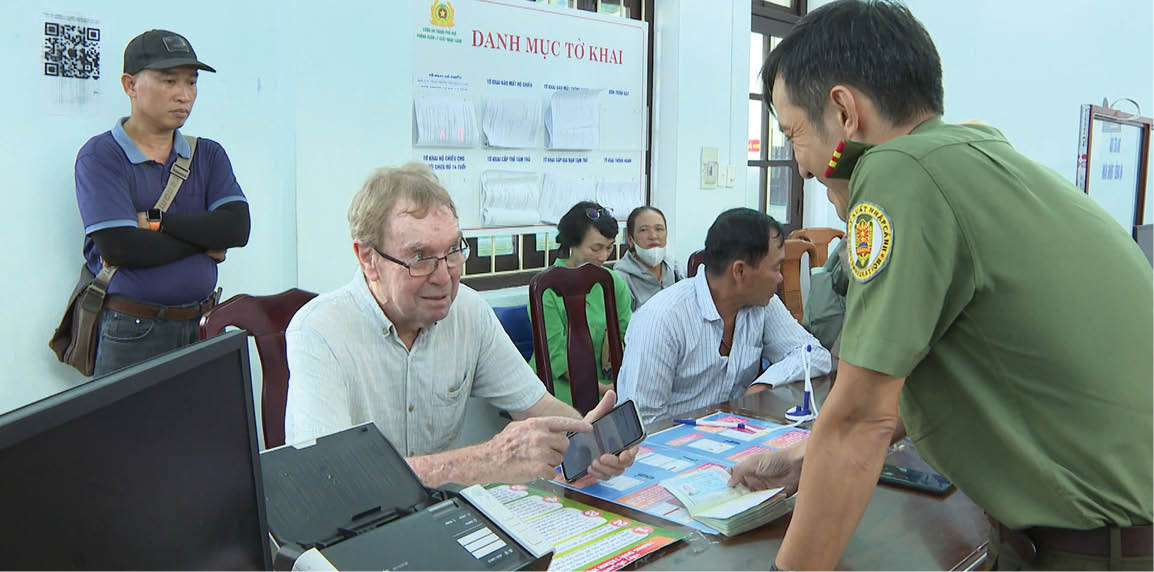

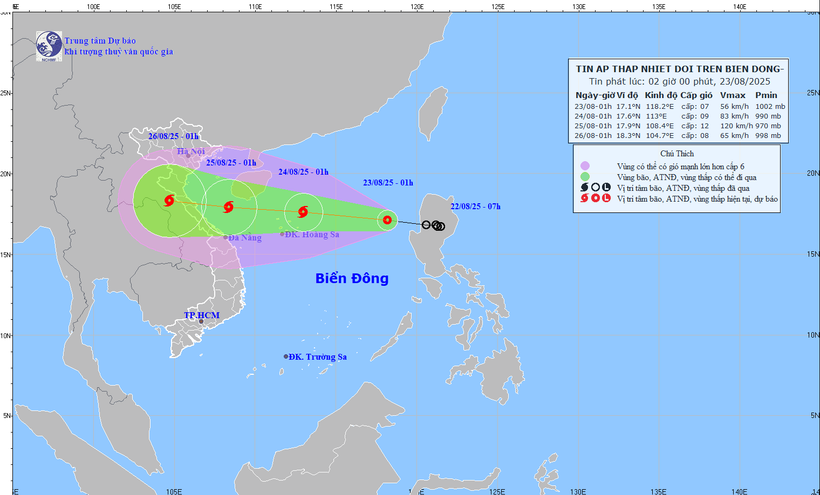
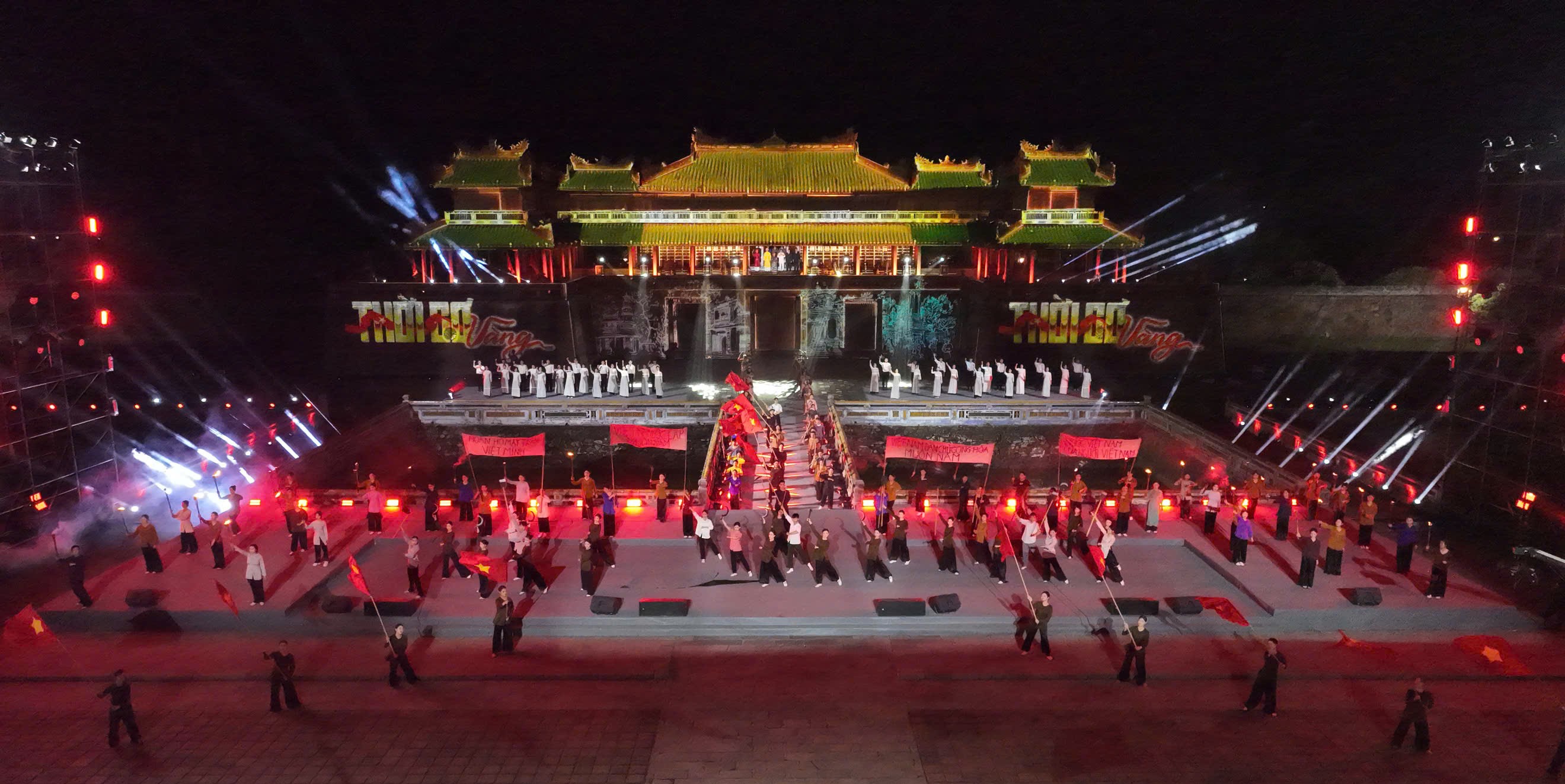
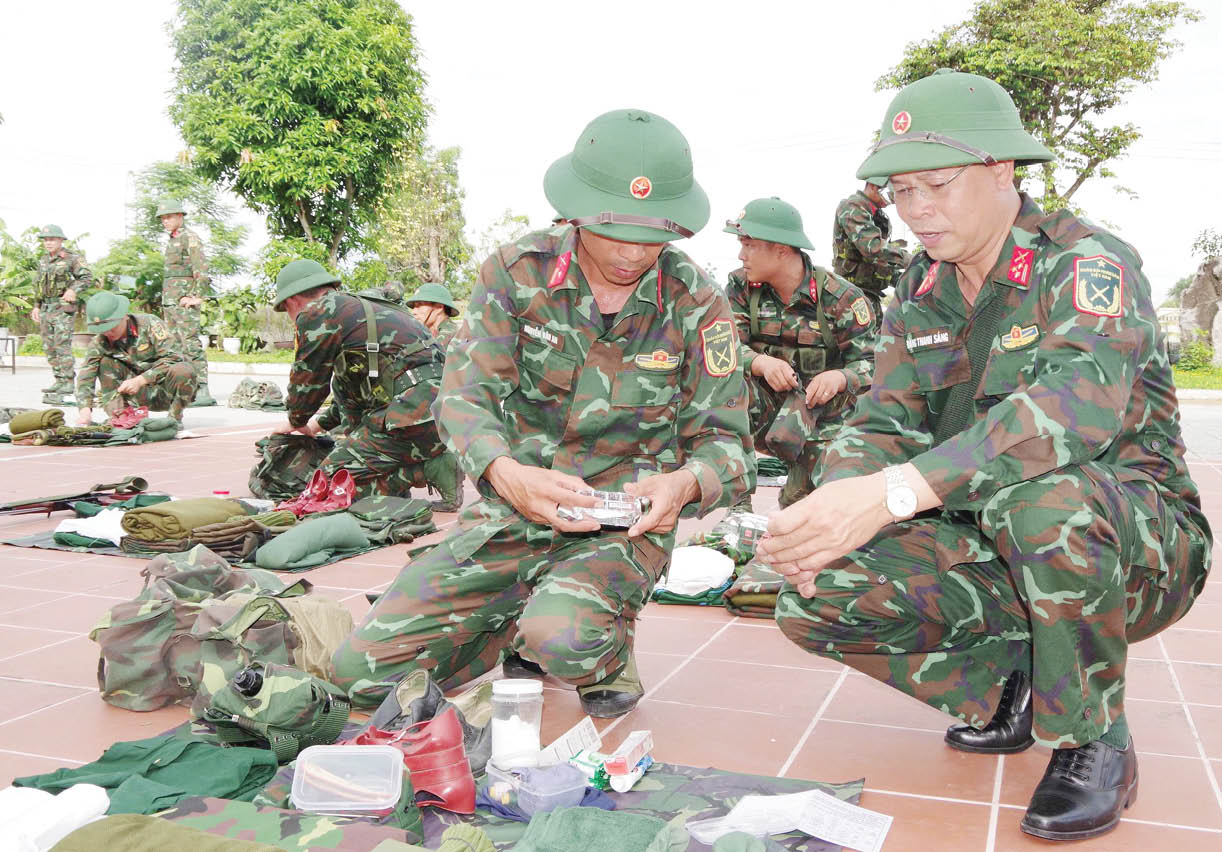
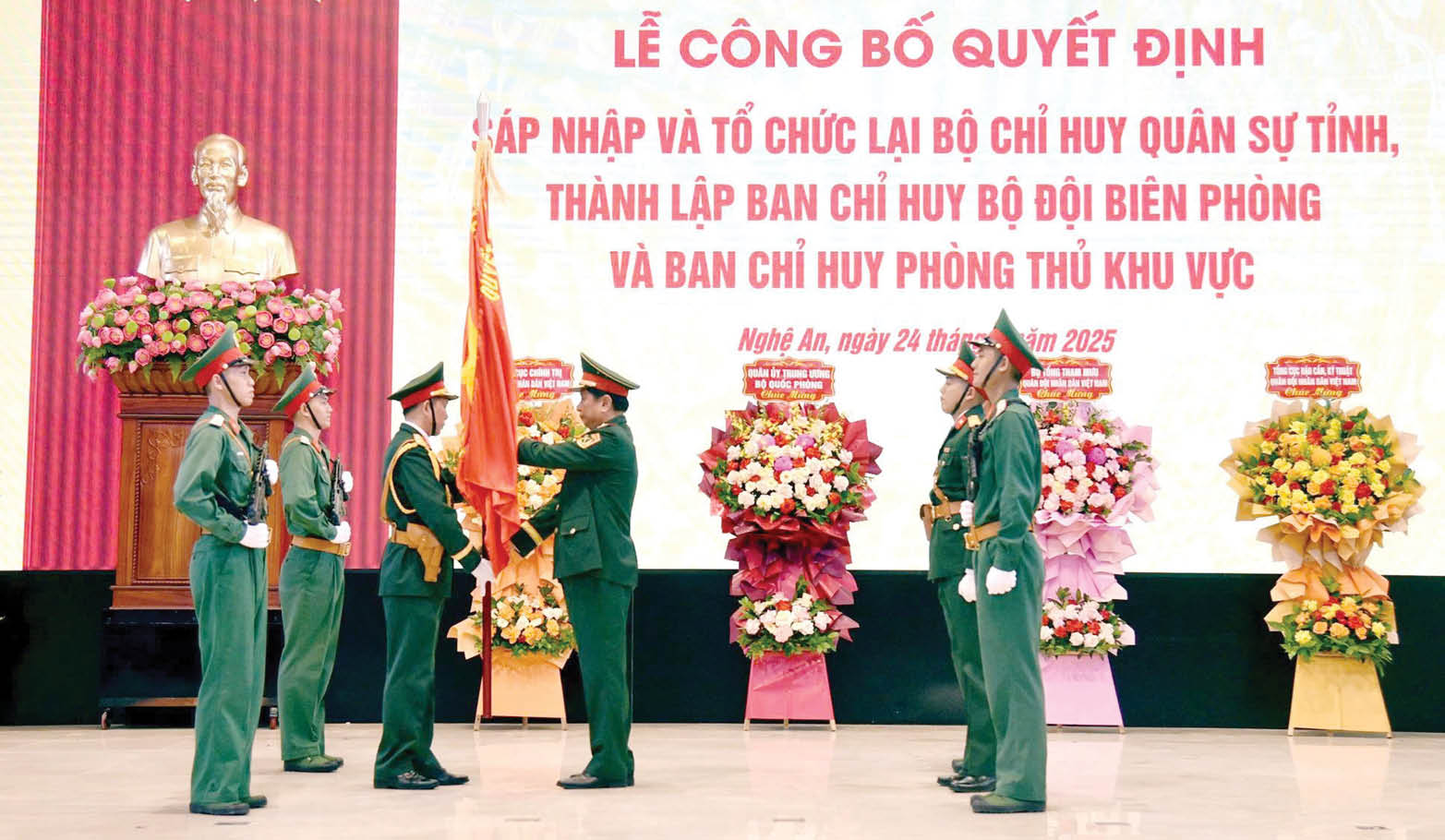
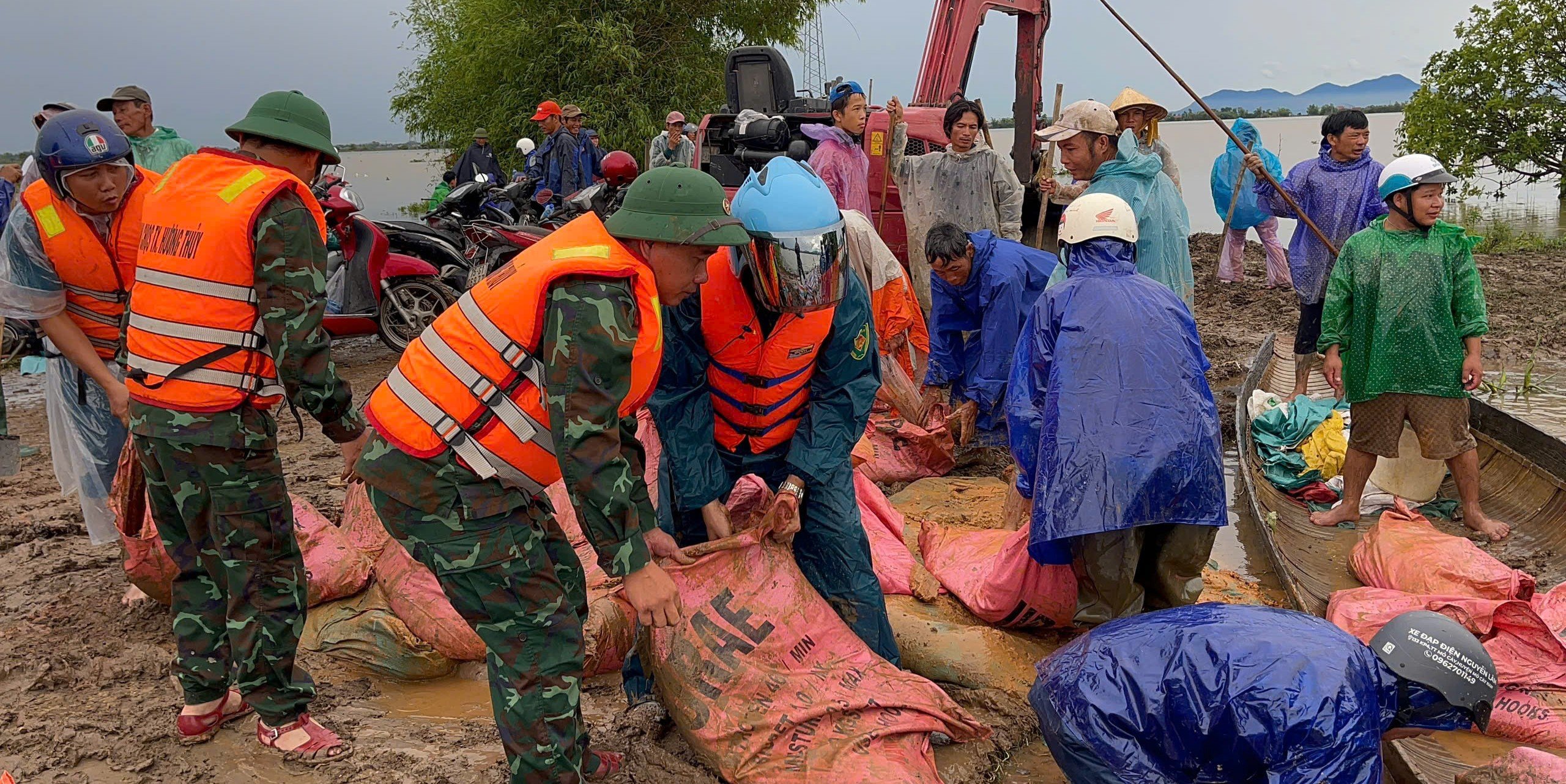


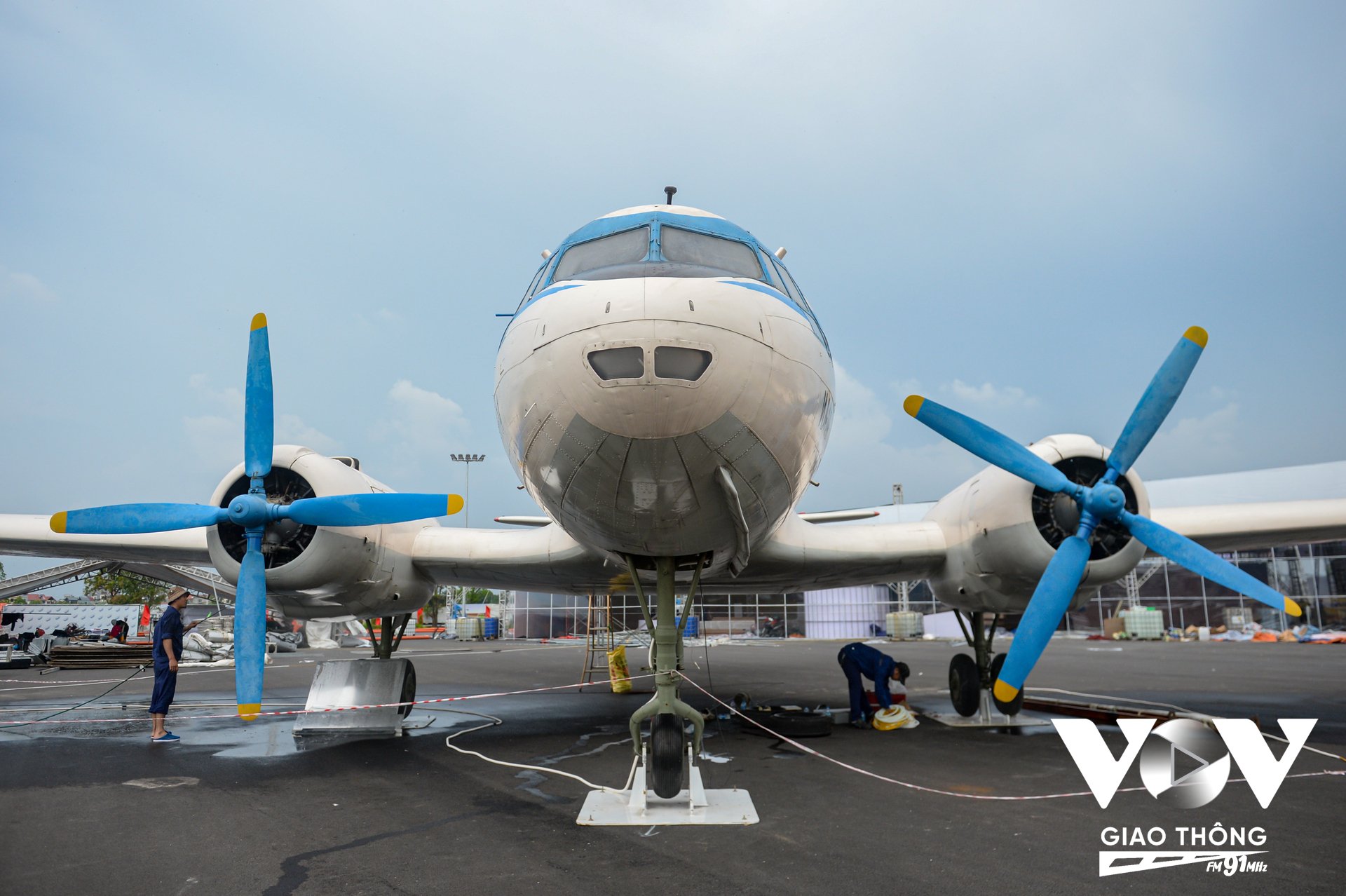
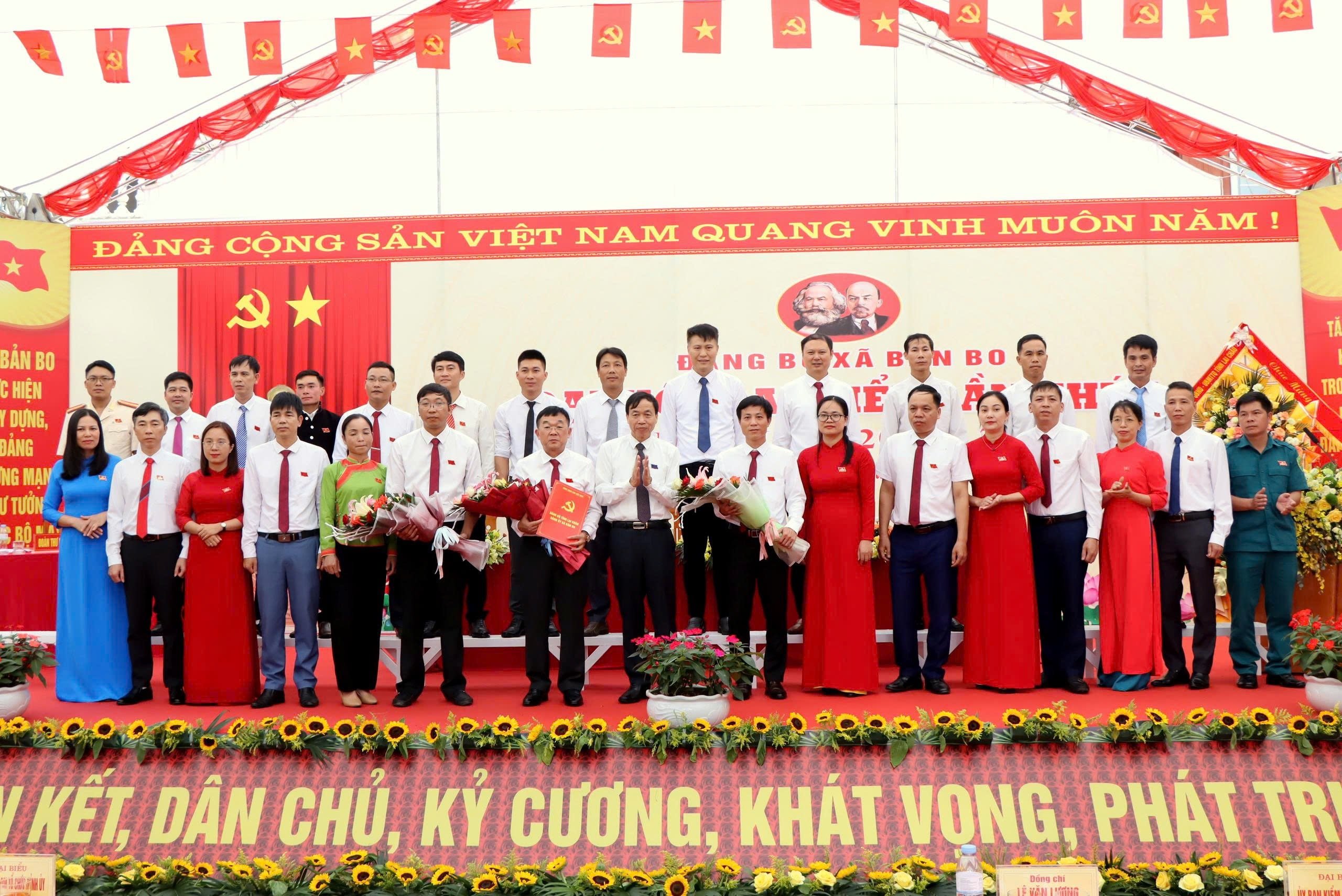
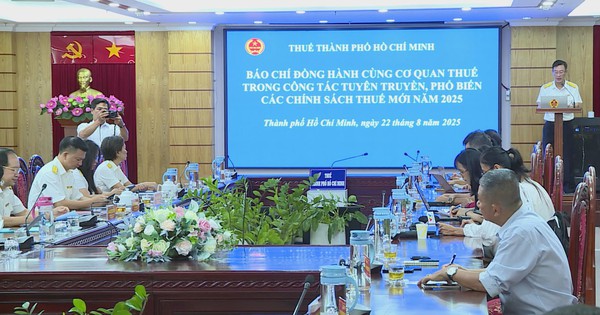
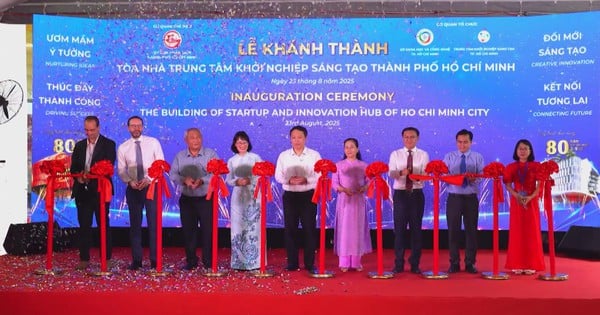
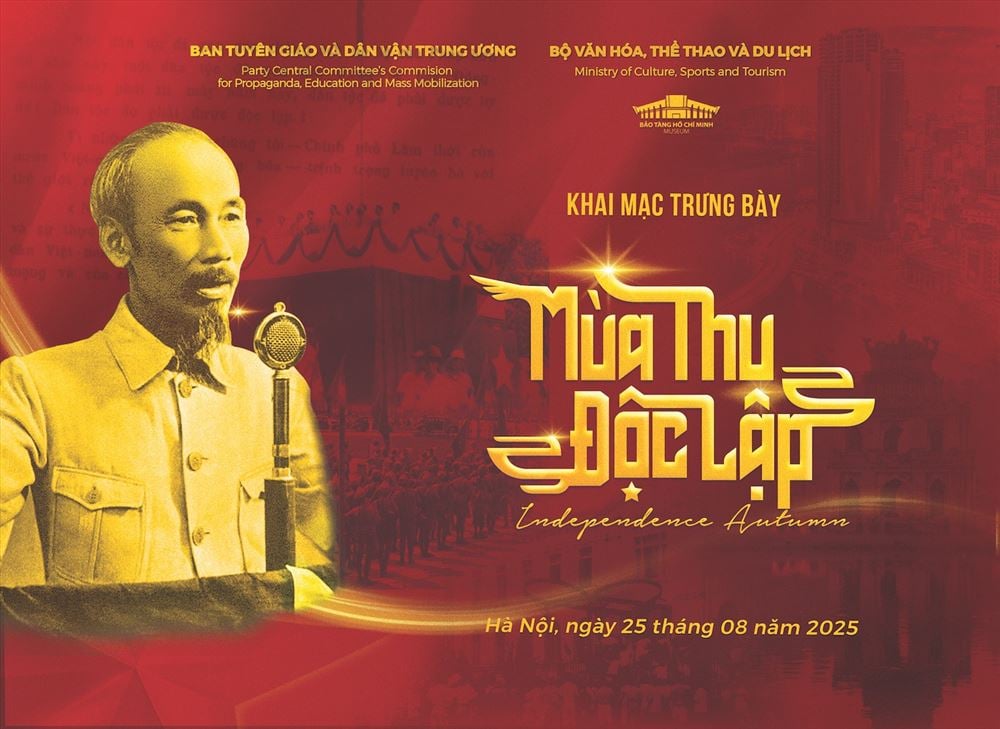

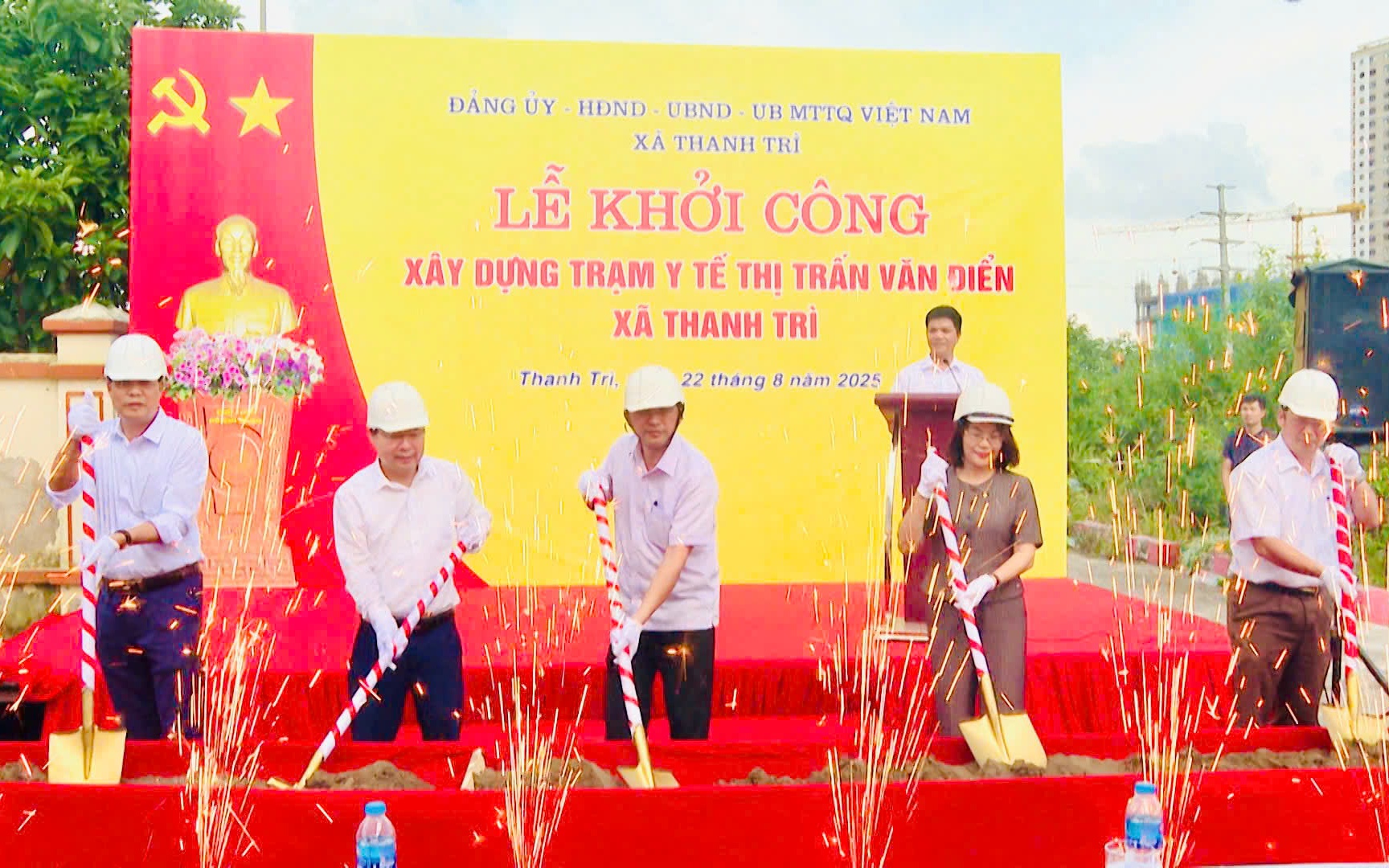
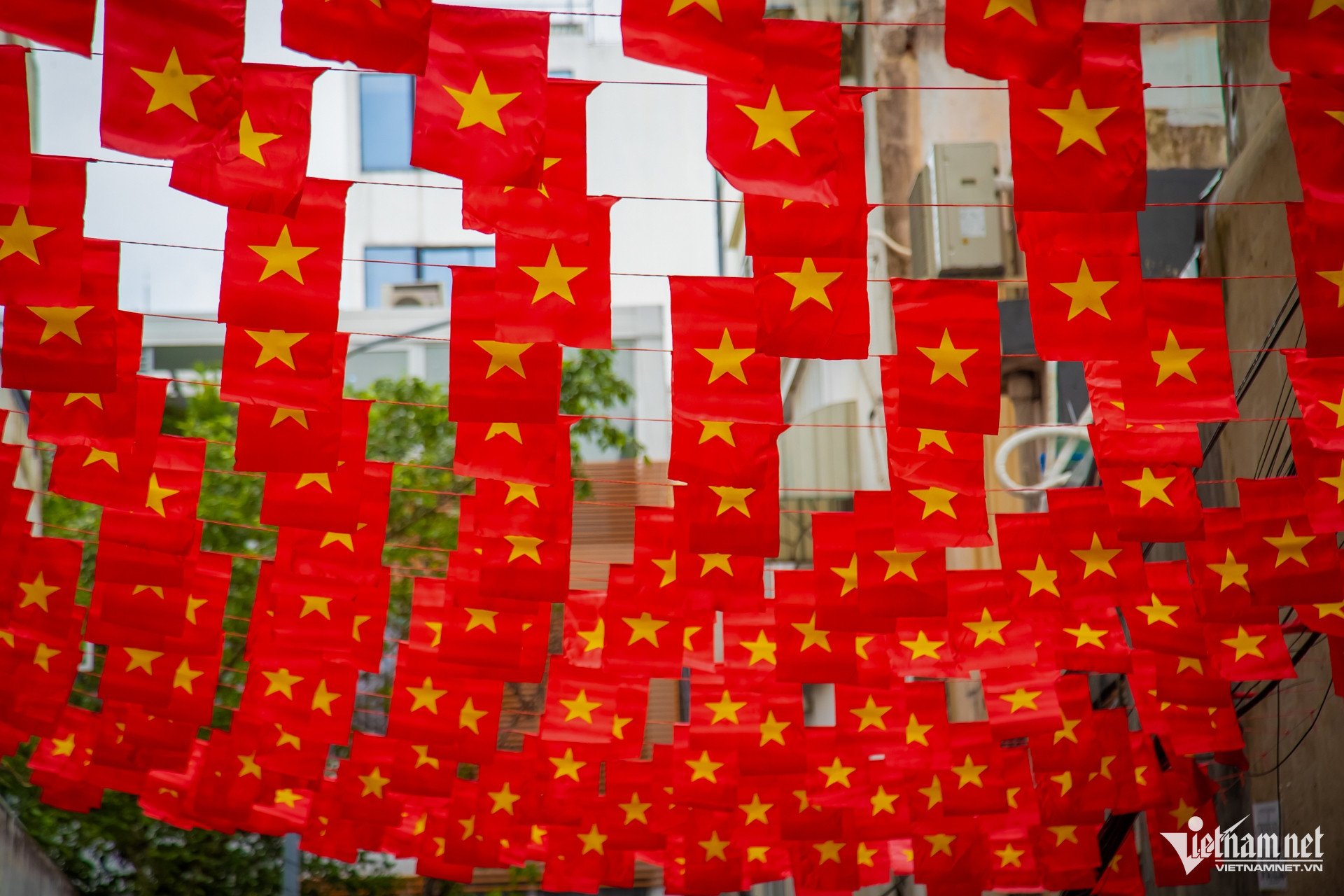
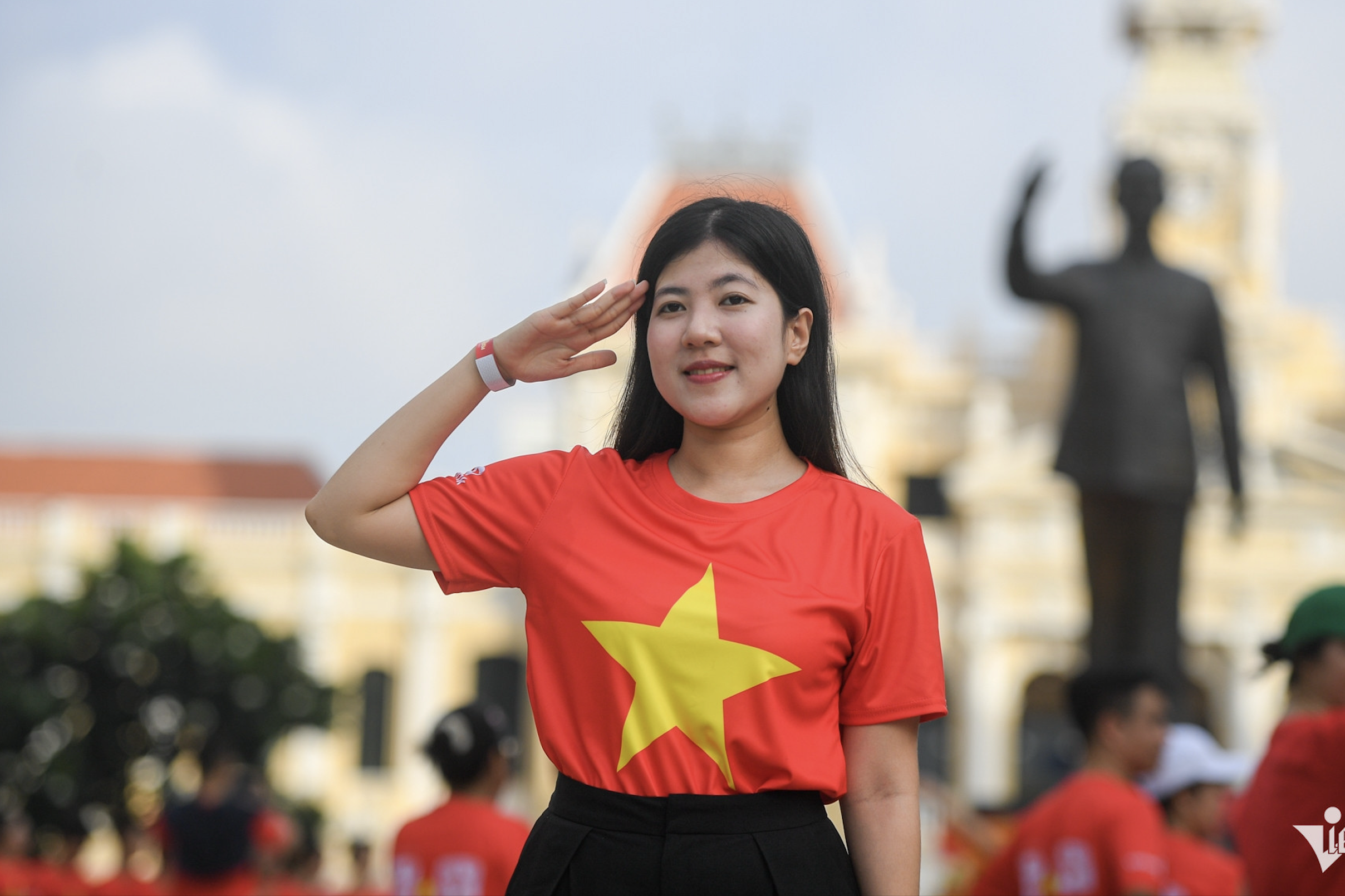


































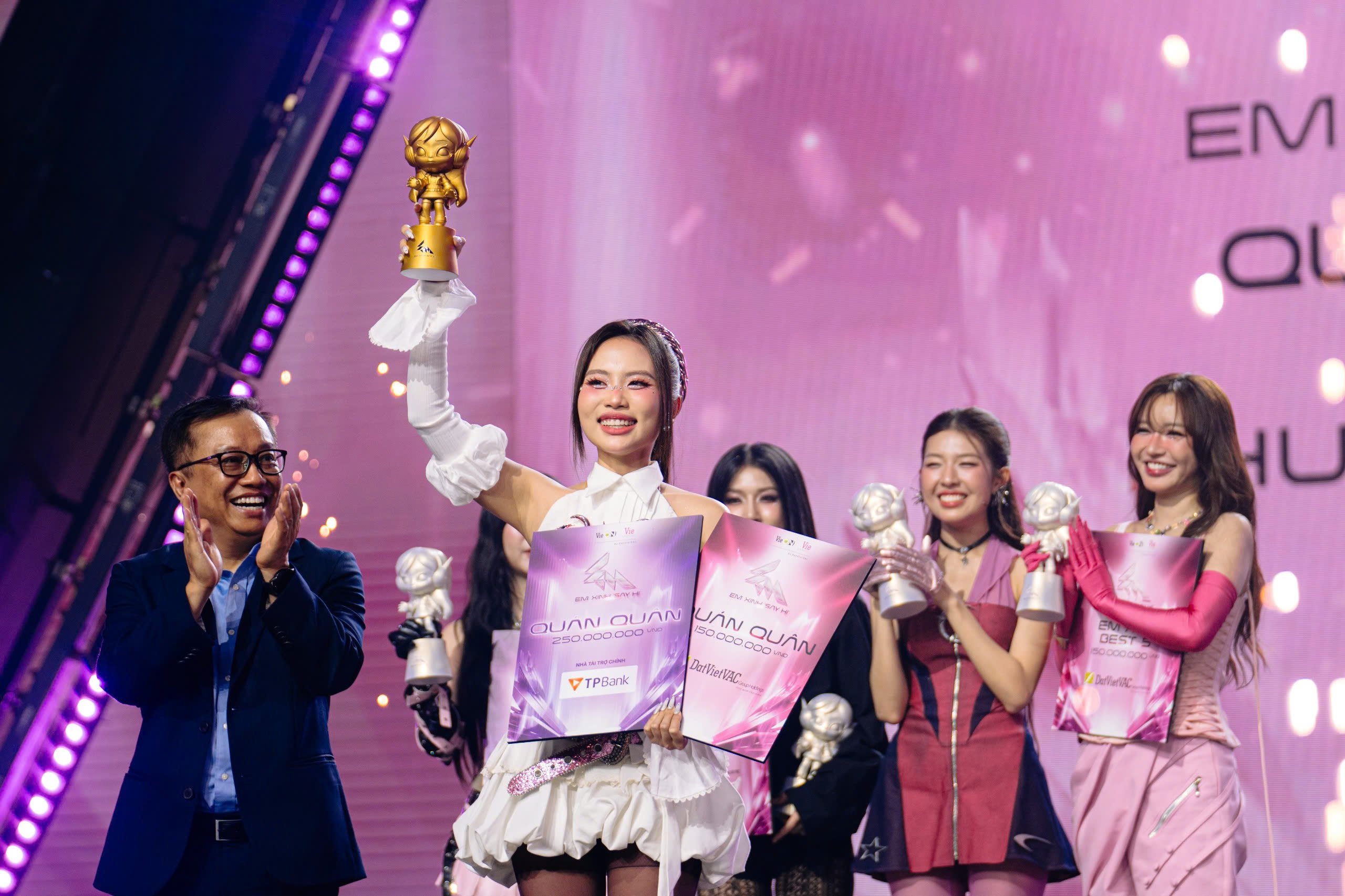
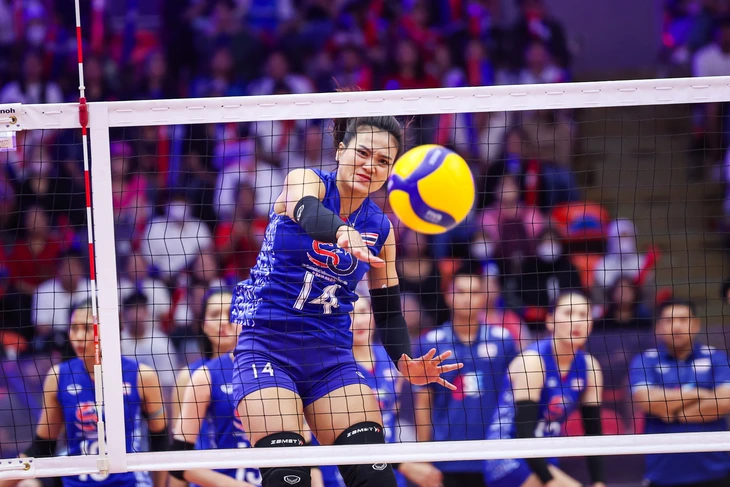





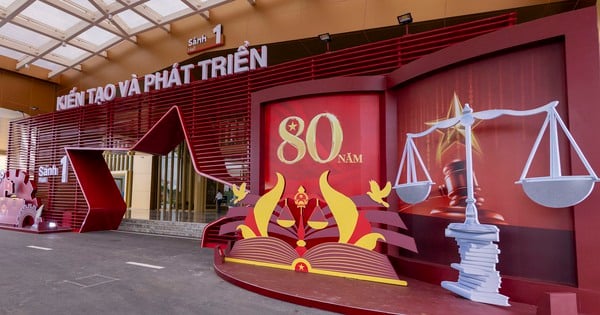



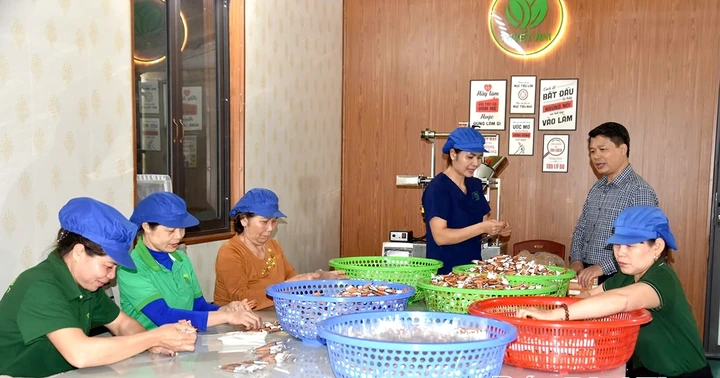

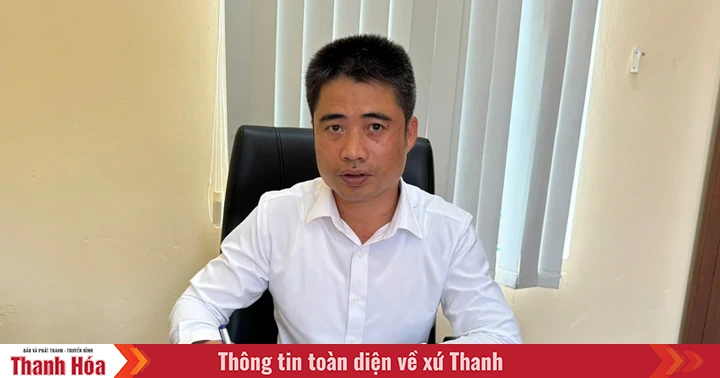

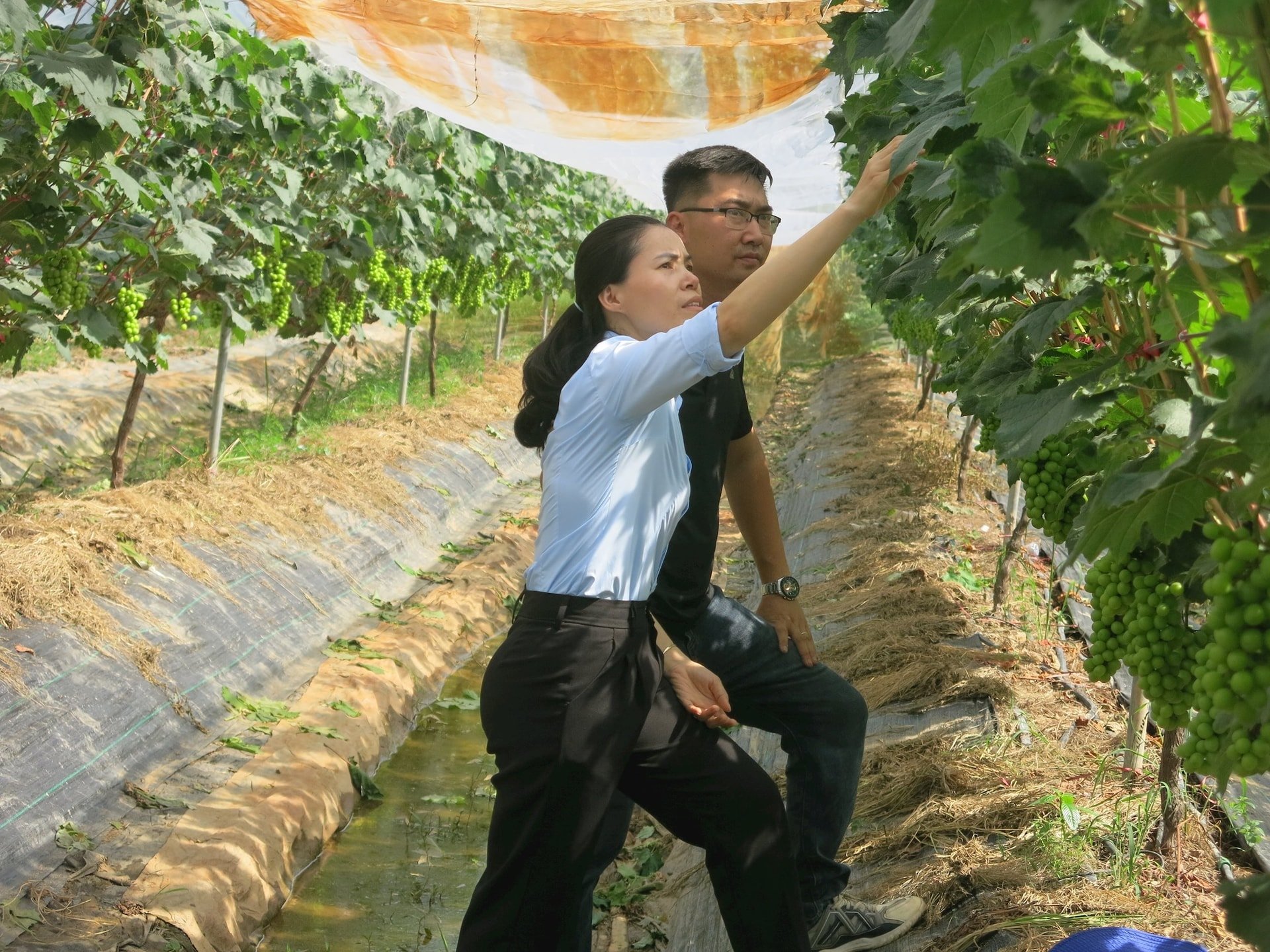

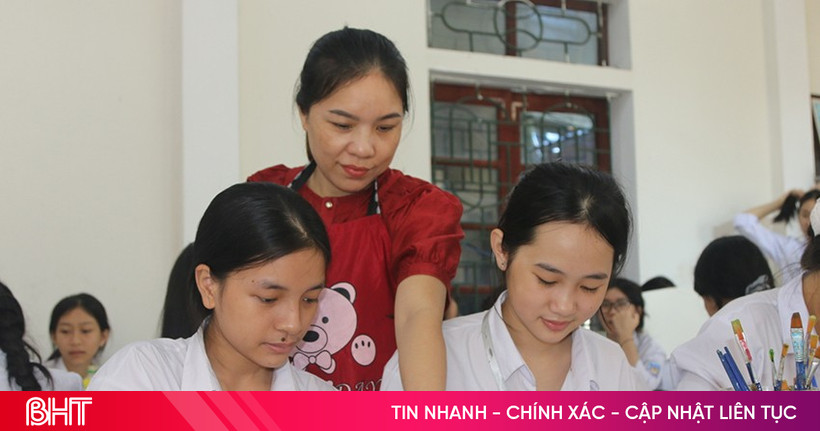

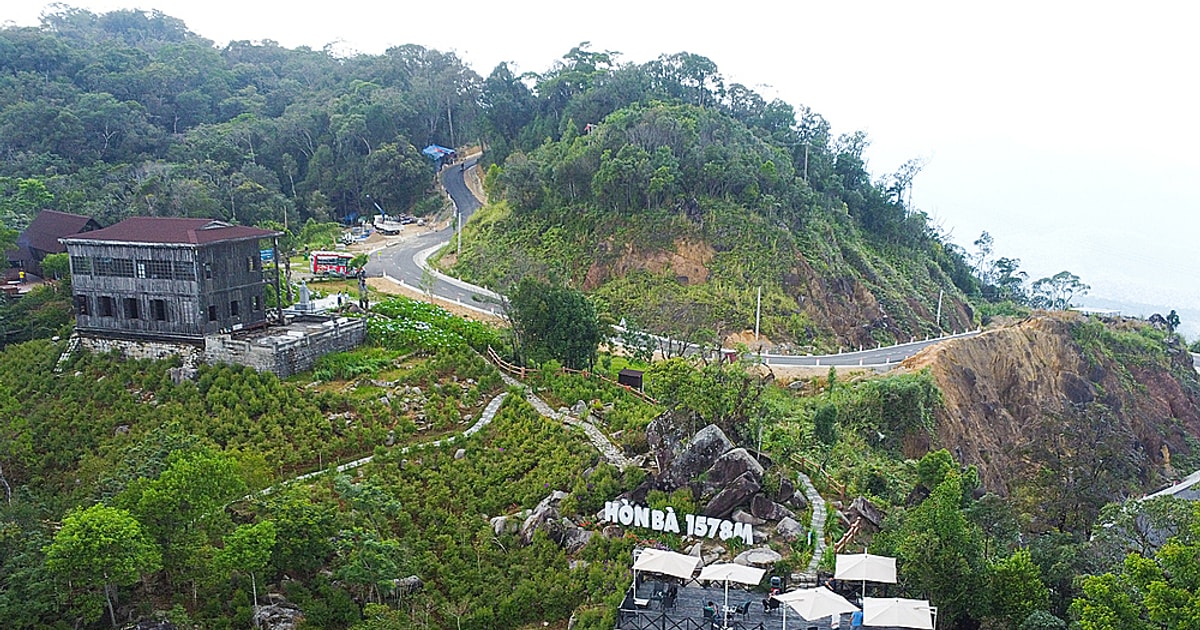

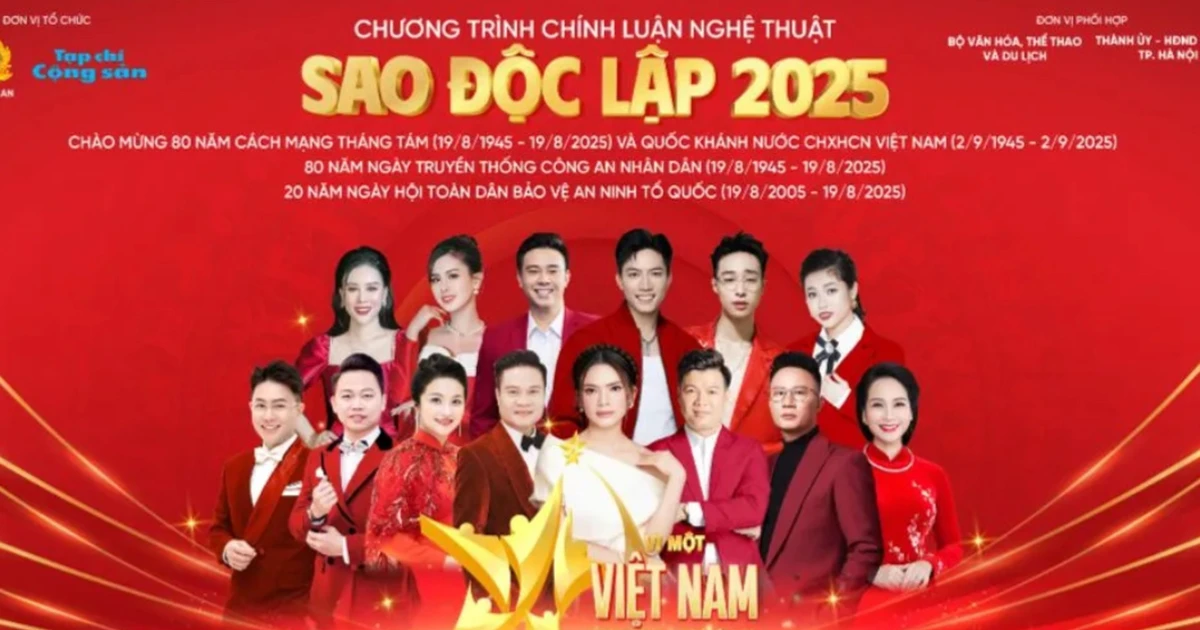















Comment (0)